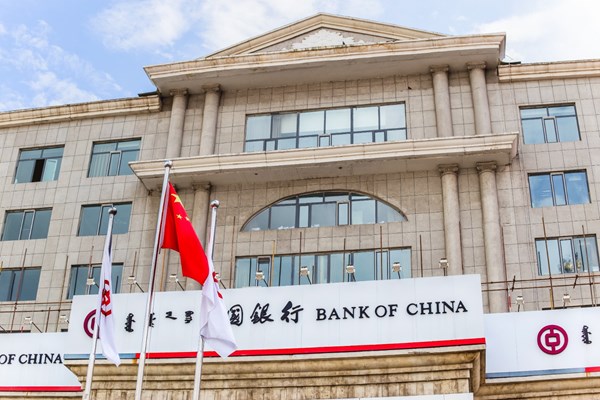Strategic shift: China's new trade restrictions on Russia signal U.S. influence
China continues to ship goods to Russia under previously paid contracts but refuses new deliveries. Under the new regulations, Chinese companies will be subject to a 25% tax on dual-use goods exported to Russia. This list includes essential IT equipment like servers and components and has already created tension in Russia.
Furthermore, the sale of argon gas for welding is restricted, with contracts continuing but no new agreements being made. Critical sectors like technology, defense, construction, aerospace, and manufacturing face added sanctions. Prohibited items include certain machinery, semiconductor and lubricant materials, and some optical systems.
Exporting goods through third countries isn’t straightforward either. Since China’s export controls cover all foreign shipments, Chinese exporters will need a specialized license and must provide information about the end buyer, intensifying payment processing challenges.
Russian experts foresee either a total freeze on essential product exports or a sharp volume decline. This shift suggests China is heeding U.S. pressure by limiting Russia’s use of critical technologies for aggressive purposes.
New rules hint at U.S influence over China, complicating crucial exports to Russia if not halting them altogether. By aligning with these restrictions, China signals to the U.S. its opposition to the misuse of sensitive tech and materials in Russia's war on Ukraine.
It’s not the first time China has surprised its ally. Previously, Chinese companies reduced direct shipments of goods listed under foreign economic activity codes to Russia, demanding rerouting through third countries.
According to Russian media, Beijing didn’t officially disclose these restrictions due to its friendly ties with the aggressor country.
Trade with China is also disrupted as Chinese banks decline payments from Russian companies for fear of secondary sanctions. Only 2% of financial institutions are willing to deal with Russian money.
Local importers report tougher payment processes: financial organizations are assessing shipping documents to understand the end destination and purpose.
These stringent checks began with transfers through Turkey and CIS countries, now extending to others like India, UAE, and Hong Kong, searching for a “Russian trace.”
A representative from a Russian company admitted Chinese banks require goods delivery to the fund-originating country.
Fear of secondary sanctions leads Chinese banks to return payments, despite whether the product was delivered to Russia. Companies once trusting within transactions now face challenges, and new market entrants must prepay. Even civilian goods shipments get blocked as Chinese sides avoid risks.
Chinese banks anticipate stricter measures if Donald Trump takes power in 2025. The incoming U.S. president promises a trade war with China, so local banks prefer caution, avoiding future sanctions grounds.
Such a scenario might lead to supply struggles and price hikes, suggests Alexander Okhrimenko, President of the Ukrainian Analytical Center.
Payment options to China exist; direct transactions from regional Russian to Chinese banks continue, also processed via Malaysia and Indonesia.
Direct payments through a Russian bank’s China branch remain safest. However, Chinese partners need accounts at this financial institution. If so, suppliers receive funds in two-three days, with a fixed 4% transfer fee.
